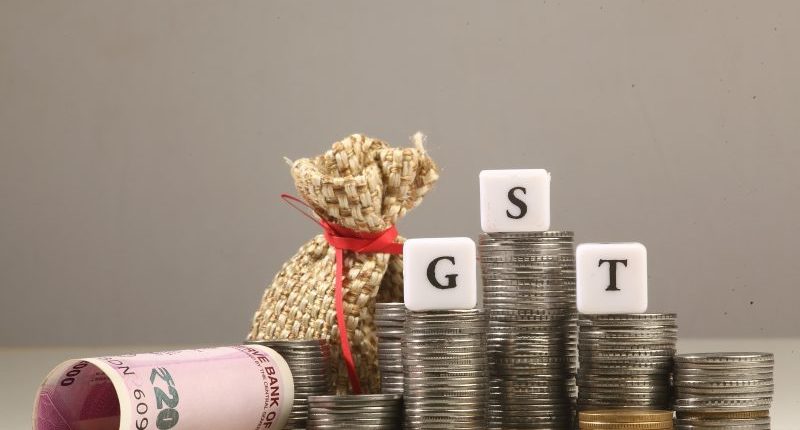The Government of India may revisit the GST rules that negatively impact the aircraft leased and re-exported, badly hit by the COVID-19 pandemic.
Several airline companies will be benefitted from such a move as their business continues to face a hard time with a drop in demand. The Ministries of Civil Aviation and Finance have joined hands in easing specific GST regulations for airline companies.
Both the ministries are reviewing a plan that will help carriers to avoid hassles from customs authorities. Currently, there is a compulsory rule that the airlines must obtain the No-objection Certificate (NOC) for exporting leased planes after the lease period expires.
The aim is to reduce any objections to re-exporting aircraft to the extent of GST owed on that particular plane and not the complete airline. When an aeroplane is imported, a 5% GST rate is levied. If there are no outstanding tax dues on this account, there should be no issue with its re-export. The no-objection certificate must not be linked to any pending tax dues related to the airline’s business operations.
An aircraft must be returned at the end of its lease. Any hold back due to the leaseholder’s tax dues will lead to the customs authorities having a lien on the assets of the third-party aircraft owner.
The GST Council must approve of any decision to ease the tax rules based on the detailed study report submitted by the officials. The decision will boost airlines’ business, allowing them to restructure their fleet based on the present business conditions.
The Civil Aviation Ministry submitted a proposal before the Finance Ministry. It has mentioned the efforts of some domestic airline companies to revise their lease agreements to save money and improve their cash flows.
The development is seen when the aviation industry is suffering from a lag in recovery due to the negative impact of the pandemic through massive cost rationalisation. The financial performance may continue to remain low for all the Indian airlines.
It is reasoned by the credit agency ICRA that a drastic recovery in the passenger traffic back to the pre-COVID levels is not possible in the near future. ICRA presented its analysis on Monday, 18th October 2021, adding that the restrictions on foreign travel and low demand for corporate travel are the main factors to consider for determining the recovery levels of the Indian airline business. These also include frequent fuel price hikes and low capacity utilisation prevalent in the industry.
Join our Telegram channel to keep getting updates on all things finance.
For any clarifications/feedback on the topic, please contact the writer at annapoorna.m@cleartax.in
Annapoorna, popularly known as Anna, is an aspiring Chartered Accountant with a flair for GST. She spends most of her day Singing hymns to the tune of jee-es-tee! Well, not most of her day, just now and then.




